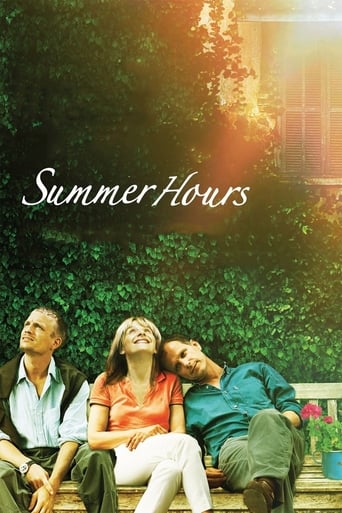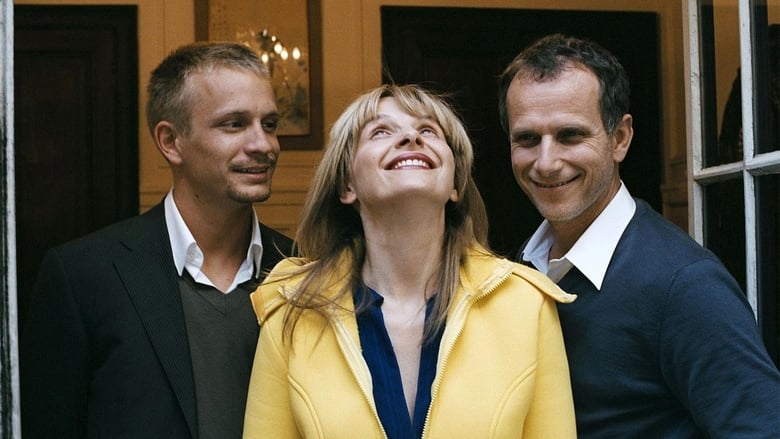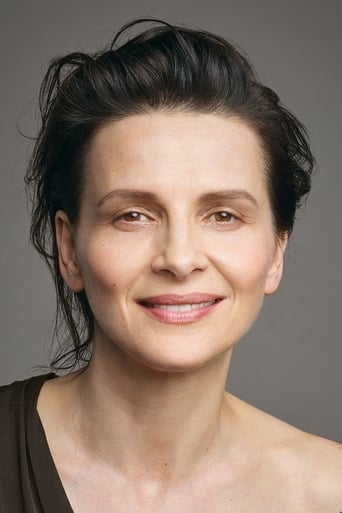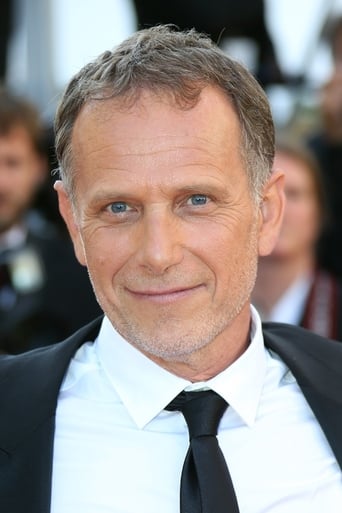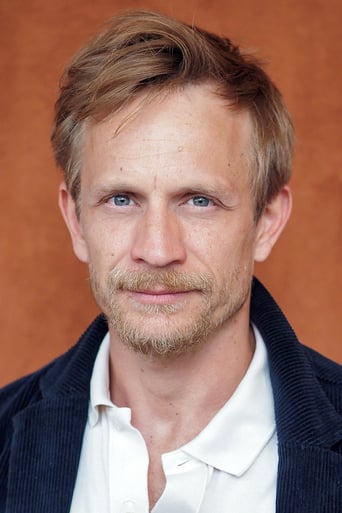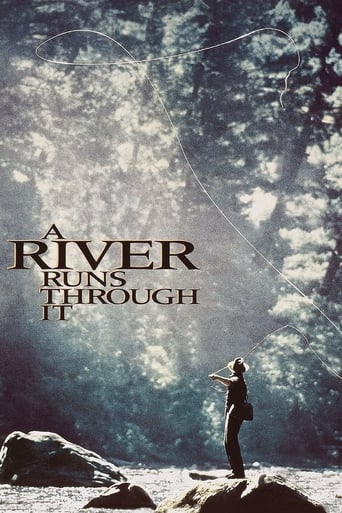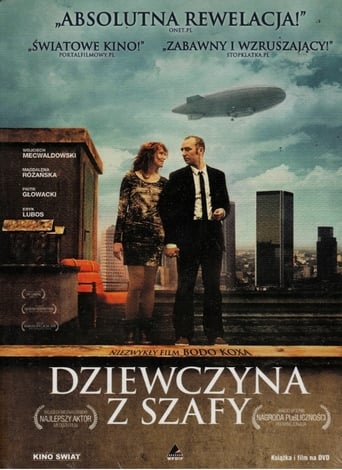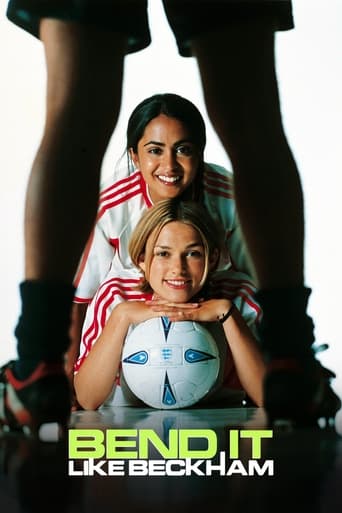Summer Hours (2008)
After the death of a septuagenarian woman, her three children deliberate over what to do with her estate.
Watch Trailer
Cast
Similar titles
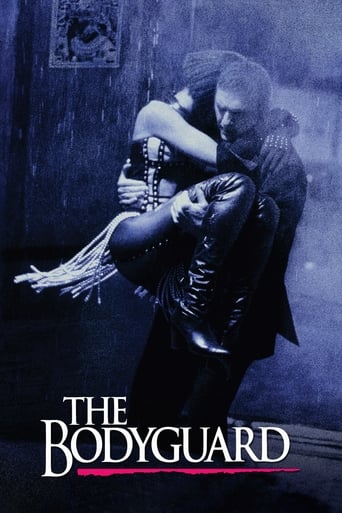
Reviews
Fantastic!
best movie i've ever seen.
It’s not bad or unwatchable but despite the amplitude of the spectacle, the end result is underwhelming.
This is one of the best movies I’ve seen in a very long time. You have to go and see this on the big screen.
We've sat through various characters contemplate decisions on screen throughout the history of cinema. Some have been more heart-breaking than others, others have been measured and contemplative – most have gone on to greatly affect these characters as well as those around them. We've witnessed the titular Umberto Domenico, in a 1950s Italian film entitled "Umberto D.", face a terrible predicament wherein he may or may not have to say goodbye to his faithful pet, whom he loves and has spent the best part of post-War Italy following him around as a lone companion. Others have been more reflective, and much more recent. We've observed a character very few people have anything bad to say about in Jules Winnfield, Samuel L. Jackson's African American hit-man in Tarantino's 1994 film Pulp Fiction, go through a dialogue driven sequence wherein Winnfield weighs up what he's doing in life through an absorbing exchange. We've seen characters snap, the likes of Bickle deciding to do what he did and we've seen decisions act as the centre piece of a film's drama as twelve angry men go through the motions to reach one of two conclusions: guilty, or not guilty. Now witness a film whose sole purpose is to revolve around rich, intelligent, successful middle aged people torn between keeping a bunch of artwork and remaining rich or selling it all and becoming that little bit richer. Witness Olivier Assayas' film. Witness a stain on French cinema. Witness entering a hundred minutes of cinematic Hell. Witness Summer Hours.Yes, it really is that bad; that trudging; that frustrating and that ill-conceived. It's not that Assayas doesn't have any material with which to work in Summer Hours; on the contrary, he has a large family beginning at the top with its eldest member, in Edith Scob's Hélène, which fritters down to the infant grandchildren by way of sons and daughters and their marital partners – it's just that he resists doing anything with them, and resists taking them anywhere. People SPEAK of travelling great distances, or going places, but little is actually ventured nor really learnt. We begin at an isolated summer house with each of these respective relatives enjoying the birthday festivities to that of Hélène, their host. This woman still lives in the old family home, and coming back for these summer functions is a home-coming for her now adult children. In the home is her vast collection of art and paintings, something she speaks of enthusiastically – for her sons and daughters, one assumes seeing them again brings back an odd nostalgia one can often have for art, perhaps films from one's childhood. Perhaps they don't, the idea that forms of art can induce these sorts of responses regardless of its form isn't explored.Assayas wastes away a solid forty five or so minutes during this opening, and how one could claim that he has done anything else other than waste our time would be extraordinary. These people sit around, they talk; they eat; they loiter with their life partners; they smoke – we can only snooze. It is quite extraordinary, in fact, just how little happens with so many people on screen – there is no narrative, no attention to character and the family all seem to get along with each other quite well. I think a point is made as to how spread out Hélène's offspring are, in terms of what they do and where they work - Juliette Binoche's Adrienne works in America for a Japanese company, while another son has work opportunities in China on the horizon which will result in holidays of what's he doing now, only in the likes of Bali. Thus, the juxtaposition between a more modern world, where no one really needs to belong anywhere; borders become greyer by the day and nationalities of companies, people and where they're based might as well be anywhere, with little old Hélène in her old manor house from a time that was simpler and more grounded, is made.Again, with little exploration – why should we care? It has these pretensions to be about changing times but in essence, just comes off as a total bore that's grossly misjudged in its application of this grounded approach and desire to spread out the character study to as many people of this family as possible. The event kick starting whatever study or chain of events Assayas thinks he's telling arrives with Hélène's death, something that instigates talk between the siblings of selling the old family home and the treasures therein; a decision to sell off these people's childhood at a time in their lives when they've already started families; moved abroad and riddled themselves of their infant-hood anyway. What little conflict there is arrives in the form of Éloïse (Sadoyan), a younger sister to the bulk of the kids who doesn't have as much of an input and would be truly victimised should the property be sold. It is quite remarkable that the film's central dilemma sees these people bickering with one another over whether earning extraordinary amounts of money through the selling of these things, or continuing to live the affluent lifestyle they have anyway, is at the core of proceedings. To say it is monumentally misjudged is an understatement; to say that it's a mite offensive would be to tell the truth, so say that a film is offensive AND boring would be to accuse a project of perpetrating a crime against cinema. Unfortunately, Assayas has done exactly that and bestowed upon us a crime for which few punishments would be enough.
I love Juliette Binoche's acting, but she can't save a film from its self-destructive implosion. French viewers and critics (non-French Franco-philes) too often use the crutch of contrasting negatively American films with French films. French films have depth and great acting ad nauseam. I have seen many, many French films over the years and even the best (I read reviews before viewing them) are usually just above average, same as America or British films. Ironically, one of Binoche's best performances is in the American film, Dan in Real Life. She is also quite good in the adventure film The Horseman on the Roof, a very, very good film. Anyway, Summer Hours has a Bergman feel, but none of his story telling ability and very little of the performances he elicits from actors and actresses. Not a winning film.
Outside of the few film segments featuring the exuberance and playfulness of children and adolescents, the remainder of this film consists largely of half-baked characters and unsurprising dialog -- involving an upper-crust 'art society'-type family and their coveted material things (of inheritance). I was unable to get behind the (too predictable, ho-hum) characters, unoriginal story line, and tiring moving camera: I dropped out after about 45 minutes of careful viewing and then selectively fast-forwarded through the rest. This is one of those films which seems to have surfaced from a combination of ample production assets plus a lack of creative vision. Furthermore, many cinephiles like me are tired of encountering 'too familiar' actors in films; instead, we much prefer to be exposed to fresh, even unprofessional, talent. Major film directors Rossellini, Pasolini, and Bunuel, for example, were fully aware of the filmic (and economic) value of using unknown/lesser-known actors -- and they did so often to great effect. Binoche and Berling are fine actors, but as with Tom Hanks and Gwyneth Paltrow, hey, we're just plain tired of the lack of intrigue such overly recognizable (and therefore somewhat predictable) actors bring to the screen. On a related note, Alan Ball, the academy award-winning screenwriter of American Beauty, once said, "I can't write characters that have no flaws; they don't seem real." Summer Hours does eventually expose character flaws (or call it human nature), but the flaws are embodied by characters of a kind that discerning viewers may find difficult to believe, care about, or relate to. Not enough existential intrigue or human diversity here: too much stale white bread to chew on.
"Summer Hours" begins, appropriately, with hordes of children running joyfully through a garden. They're on a treasure hunt, following a map written in invisible ink.Director Olivier Assays then introduces us to Helene Berthier, an elderly woman whose children and grandchildren have gathered at her home in rural France. Helene was once romantically linked to a character called Paul, a now dead artist who was renowned for his paintings.Helene's home is filled with both Paul's work (a vast collection of priceless art) and more mundane personal items which nevertheless have tremendous sentimental value. One photograph, for example, features an older generation of Berthiers sitting at a table exactly as the current generation are. As the film unfolds, Assayas lays the groundwork for various heavy themes: the way what we "treasure" changes as we age, how art and objects tie people to the past, the relationship between art, globalisation and commerce, the seemingly arbitrary and shifting "value" of objects, the question of what defines art and what makes art meaningful, how spaces are "deterritorialized" and "reterritorialized" under capitalism, how objects transform as they move from space to space etc etc. You might say this is the "rural" version of Assayas's "Demonlover", "Clean" and "Boarding Gate", but whilst those films focused on the way humans are stripped, sold, traded and pushed around under techno-capitalism, "Summer Hours" focuses almost entirely on man's fluctuating relationship with both inanimate objects and product.Early in the film, Helene reveals the reason for calling a family assembly: she wants to discuss the fate of the family estate after her death. Frederic, Helene's eldest son, is an economist, and is the only family member who wishes (for sentimental reasons) to hold on to the estate and its artwork. Daughter Adrienne (a product designer) and younger son Jeremie (who works for a mega corporation in Shaghai) both want to sell the estate. It's of no value to them, they won't be able to visit it as they work far abroad, and it simply isn't economical to maintain. Frederic doesn't agree with them at first, but gradually the practical needs of commerce infringe on his desire to hold on to the past. Reluctantly he agrees with them. Significantly, Adrienne, the product of a system which destroys the past and sells nostalgic copies, makes tacky ceramic ornaments based on the designs of her uncle. Assayas stresses that the children are all ultra-modern bourgeois, part of a "new France" that is beholden to the demands of the global market and that is gradually losing ties with its traditions and heritage. Casual remarks highlight this theme: characters speaking of new companies popping up in their village, once taboo romantic relationships accepted as the norm, the fact that Adrienne lives in two of the citadels of Global Capitalism (New York and Japan), the fact that Jeremie is moving his family to China to better manage a mass production shoe factory and the mention that Jeremie's children will learn English and not speak French (thereby cutting them off from their cultural roots). Ironically, it's the one economist in the family who can't cope with the way his family, culture and historical treasure trove are being torn apart. Frederic frequently states that he believes the "economy as a functional system" is a myth. He recognises that economism is the new global religion, in which the world is reordered in the service of irrational and incessant growth. The dominant theology of this religion is neo-liberalism, which aims to make the whole world a single market, national boundaries no longer a factor in economic affairs. Unlike most religions, economism looks to growth for salvation, salvation being "freedom" from poverty and the ills that accompany it. When it is pointed out that the "new religion" has not in fact done much toward reducing poverty, believers are told that they must be more faithful to the precepts of the religion. Of course while the believers wait, the machine's greed outgrows the capacity of the real economy to satisfy. In response, the great centres of finance get the governments of the world to make available to them, by privatisation, all of their possessions. But still this does not suffice! How could it? Debt based Ponzi schemes cannot be satiated. And so the market becomes increasingly abstract, debts ignored or traded as "value" whilst virtual economies balloon to something like five times the size of the "real" economy. The end result is the world Assayas' characters find themselves in: groundless and always moving to keep the whole sham from collapsing.In one scene, Frederic proudly displays paintings for his children, telling them that one day the collection will be all theirs. But though his kids look up at the artwork with indifference, implying that they are "cut off" from the "treasures of the past", Assayas is careful to show that Frederic is himself deluded, unable to look upon the pictures without bias. His pleasure is clearly less about the aesthetic qualities of art/past, than it is about family legacy, memory and the continuation of a family history. His children, able to look at the paintings without bias, simply dismiss them as old-fashioned. The result is that the film manages to mourns the obliteration/repackaging of the past whilst also questioning if anything is really being lost. Does the worth of an object reside only in the historical and familial remembrances of concerned individuals?The film ends with a sequence which mirrors its first shot. Here Helene's granddaughter looks on at the abandoned family home, trying but failing to position her body such that it recreates a "painting of the place" that Paul once did. It's a deeply sad ending; no longer connected by shared place or possessions, the modern subject is both adrift and defined by loss. 8.9/10 – A great film, though perhaps too word oriented.
